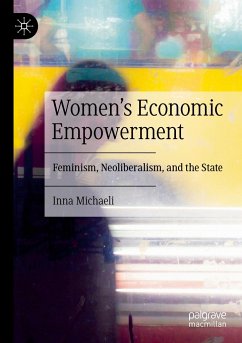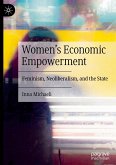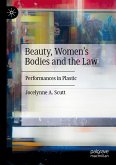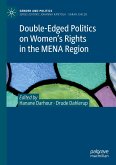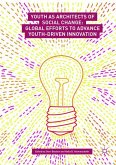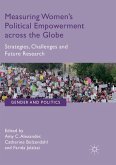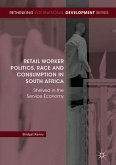Challenging the simplistic story by which feminism has become complicit in neoliberalism, this book traces the course of globalization of women's economic empowerment from the Global South to the Global North and critically examines the practice of empowering low-income women, primarily migrant, indigenous and racialised women. The author argues that women's economic empowerment organizations become embedded in the neoliberal re-organization of relations between civil society, state and market, and in the reconfiguration of relations between the personal and the political. Also examined are the contractual nature of institutional arrangements in neoliberalism, the ontological divide between economy and society, and the marginalisation of feminist economics that persists in the field of women's economic empowerment. The book will be of interest to scholars and students of social sciences, gender studies, sociology, and economics.
This book is based on the author's doctoral dissertation at the Humboldt University of Berlin, Faculty of Humanities and Social Sciences.
This book is based on the author's doctoral dissertation at the Humboldt University of Berlin, Faculty of Humanities and Social Sciences.

